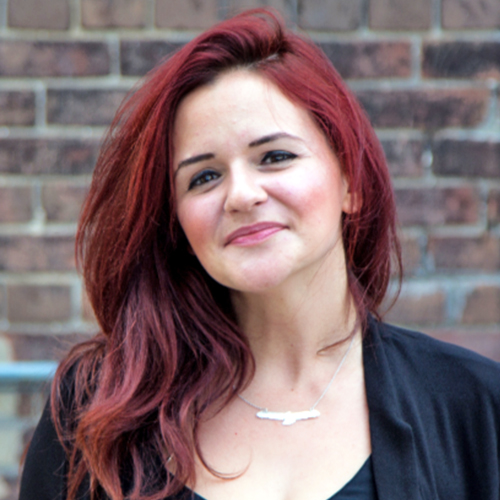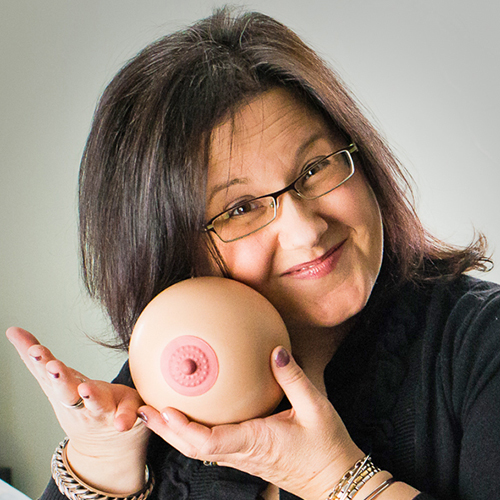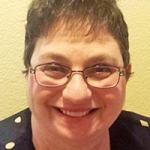 IBCLC Detailed Content Outline: Clinical Skills / Education and Communication Focused CERPs - Section VII B
IBCLC Detailed Content Outline: Clinical Skills / Education and Communication Focused CERPs - Section VII B
Access CERPs on Clinical Skills / Education and Communication for the IBCLC Detailed Content Outline recertification requirements. On-demand viewing of the latest Clinical Skills / Education and Communication focused IBCLC CERPs at your own pace.
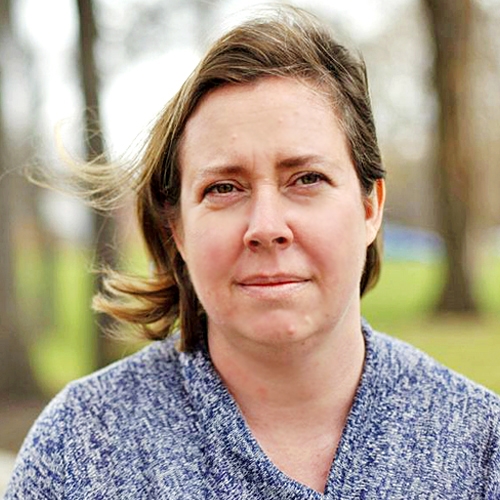
Playing Well with Others: Collaborating in High Conflict/Low Trust Settings

Michelle Pensa Branco MPH IBCLC is a lactation consultant and public health advocate. In addition to her clinical practice, which has included in-hospital, outpatient and private practice settings, she advocates for improved maternal-child health practices at the local, national and global level. She has a particular interest in the impact of trauma to breastfeeding families, models of peer support to improve breastfeeding outcomes and the application of health communication principles to the promotion and protection of breastfeeding. Michelle serves as the Director of Peer Support Programs and provides clinical lactation expertise for Nurture Project International, the only international NGO focused exclusively on infant feeding in emergencies. With Jodine Chase, she co-founded a Canadian non-profit organization, SafelyFed Canada. She is also an active member of the Ontario Public Health Association’s Breastfeeding Promotion Working Group. Michelle has previously served as the Vice-Chair of La Leche League Canada, the Communications Director for the Canadian Lactation Consultants Association as well as the Toronto Coordinator of INFACT Canada. When she is not travelling for work, Michelle stays close to home, living with her family just outside Toronto, Ontario, Canada.
Topic: Keeping the Fox Out of the Chicken Coop: Safeguarding Your Reputation Against Baby Feeding Industry Influence - [View Abstract]
Topic: Playing Well with Others: Collaborating in High Conflict/Low Trust Settings - [View Abstract]
Topic: Watching Our Words: Is Risk-Based Language Always the Right Choice? - [View Abstract]
Collaboration is the foundation of the work of lactation professionals. As allied health providers, the team approach is at the centre of our professional relationships. Differences in professional practice and standards of care are aggravated by health care systems that are fragmented and operate in silos, while the high emotion and urgency of infant feeding concerns interfere with reasoned collaborative decision-making. Where adequate training, workplace policies and management oversight fail, conflicts within the team may escalate to incivility, lateral violence and bullying. IBCLC must be able to name and act when conflict crosses these boundaries.
At a policy level, the problems facing breastfeeding are among the most "wicked" of public health's "wicked problems".
In perpetually resource- limited settings, the challenges of policy-making, good governance and innovative programs require effective collaboration and co-operation within and across organizations.
Limited time and energy is available for the enormous work required to provide excellent care to families and create societies that fully support them to breastfeed their children for as long as they wish to. Moreover, because of the intensity of the "wicked" problems we face and the urgency of resolving them both in individual cases and at the policy level, conflict and erosion of trust often occur. Because we cannot only work with those we would like to work with to accomplish our goals, we must learn "stretch collaboration", explored using Adam Kahane's model of working in absence of friendliness, agreement or trust.

View Details / Enroll
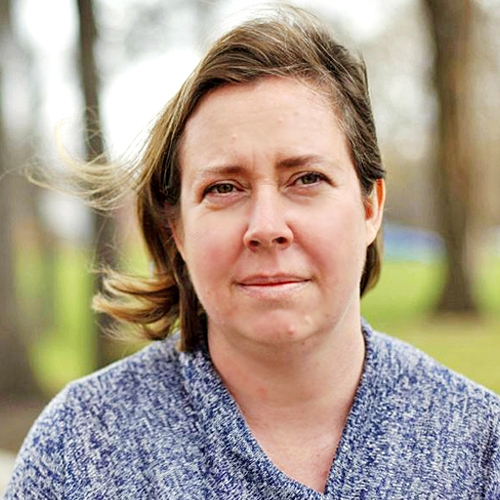
View Details / Enroll
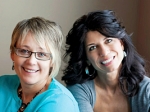
Preventing the Plunge: Why the First 2 Weeks are Crucial for Breastfeeding Duration.

Cindy Leclerc and Jana Stockham are Registered Nurses and IBCLCs with over 20 years experience helping families get started with breastfeeding. In addition to hands on care, Cindy and Jana use technology to support families through their website (cindyandjana.com), online prenatal breastfeeding classes (simplybreastfeeding.ca) and iPhone app, NuuNest. Cindy is a strong believer in mother-to-mother support, helping to facilitate breastfeeding and postpartum depression support groups. She is intrigued by all things online and actively uses social media to promote breastfeeding. Jana has been trained as a Baby Friendly assessor and helped to coordinate the first Baby Friendly designation in Saskatchewan. She has a passion to help families with new babies and facilitates a group for breastfeeding moms.
Topic: Meeting your breastfeeding goals - [View Abstract]
Topic: Preventing the Plunge: Why the First 2 Weeks are Crucial for Breastfeeding Duration. - [View Abstract]
The majority of women begin breastfeeding at birth. Within the first 6 weeks, however, breastfeeding rates fall dramatically. To help women hang in with breastfeeding beyond the first weeks, we must first understand why they struggle. Learn what the research is saying and what you can do in your practice to help women meet their breastfeeding goals. IBCLC’s who specialize in the early weeks of breastfeeding will share case examples based on over 20 years of working with breastfeeding families.

View Details / Enroll
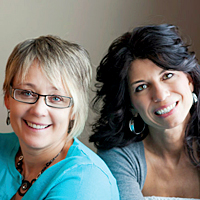
View Details / Enroll
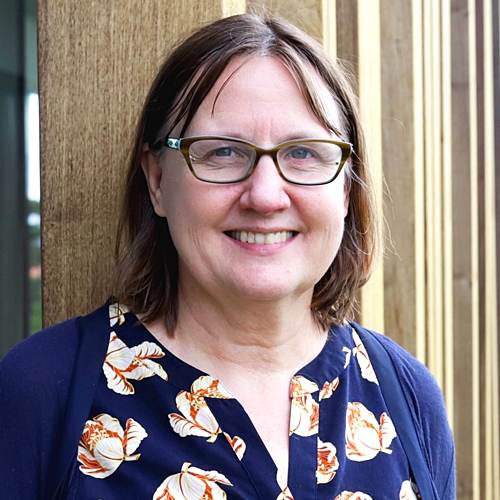
Promoting Self-Management of Breast and Nipple Pain for Women During Breastfeeding

Ruth Lucas, PhD, RNC, CLS, received her Bachelor of Science in Nursing from George Mason University (1986) and her Doctor of Philosophy of Science (2011) from the University of Illinois at Chicago. Based on 20 years of supporting women and infants to initiate breastfeeding, her research focuses on the biobehavioral mechanisms of breastfeeding, such as breast and nipple pain. Dr. Lucas and her team conducted a pilot randomized control trial (RCT) as part of the Center for Accelerating Precision Pain Self- Management (CAPPS-M) (P20NR016605). The pilot RCT tested the feasibility, acceptability, and efficacy of a breastfeeding self-management (BSM) intervention for breast and nipple pain during breastfeeding and found the BSM intervention significantly reduced breast and nipple pain and is associated with pain sensitivity polymorphisms. Her published work describes management of pain during breastfeeding, a clinical indictor of infant breastfeeding behaviors, and a biomedical device to measure breastfeeding in real time.
Topic: Promoting Self-Management of Breast and Nipple Pain for Women During Breastfeeding - [View Abstract]
Despite 90% of women experiencing breast and nipple pain during breastfeeding, mothers rarely receive adequate knowledge and skills for breastfeeding pain self-management and cease breastfeeding. Our randomized control trial (RCT) pilot study tested the feasibility, acceptability, and efficacy of a breastfeeding self-management intervention (BSM) on breast and nipple pain and breastfeeding outcomes. Sixty women were recruited after delivery and completed survey measures of pain and breastfeeding outcomes, pain sensitivity testing and a biological sample to assess genetic risk for pain at baseline. Both groups completed pain and breastfeeding outcomes surveys via texting links using REDCap 7.4. Women in the intervention group received biweekly nurse-lead texting and cloud-based educational modules addressing breast and nipple pain and breastfeeding challenges. The BSM intervention was acceptable and sustainable for 94% of the women who continued to breastfed to 6 weeks. Acute breast and nipple pain at 1 and 2 weeks were significantly reduced and was associated with pain sensitivity polymorphisms, suggesting a genetic risk profile of pain-associated breastfeeding cessation.
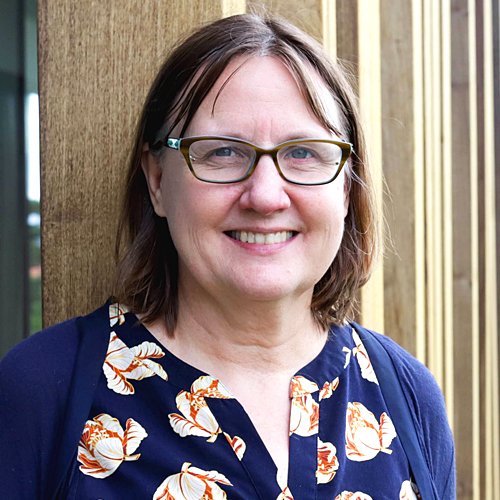
View Details / Enroll
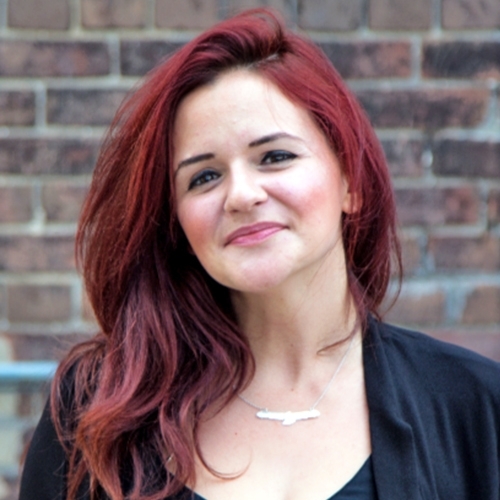
Protecting The Sacred: Honouring Birth Parents Through Planning for the Postpartum Journey

Emily Blackmoon (French/British/Algonquin) (She/Her) is a Registered Social Worker and holistic psychotherapist. She has worked for over 10 years as a therapist and case manager specifically within the urban Indigenous community of Toronto, supporting parents, families, children and youth. In 2014 she completed a 4 year training in Gestalt therapy and is now a supervisor. In her therapy practices, Emily combines Anti-Racist. Anti-Oppressive, and Feminist principals of social work with Gestalt therapy and Indigenous worldviews. Emily works with new parents to support them in developing wholistic, empowered and gentle approaches to the pregnancy/parenting journey.
Participants will be invited to holistically consider the postpartum needs of birth parents. Through an invitation to walk through the various aspects of their human journey - from the spiritual and cultural, to the emotional, the cognitive and the physical- participants will be invited to think critically and holistically about the human needs of those on their journey towards giving birth and after giving birth. Emily will use these directions to invite participants to support professionals in asking their patients and clients: what they want out of their pregnancy/postpartum journey? Who and what is within their constellation of support, and how? How do we support our parents in accessing their own agency to ask for support in the event that they experience the symptoms of postpartum mood and anxiety disorders?
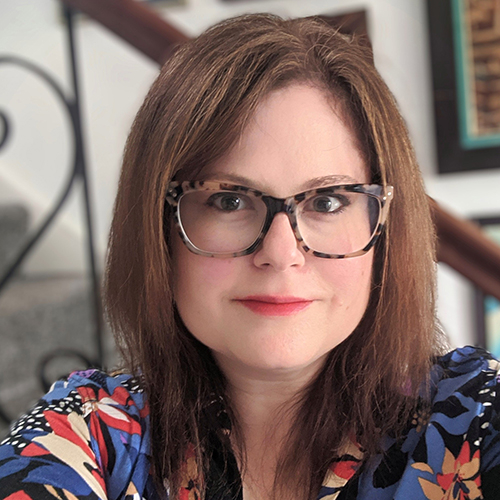
Providing Culturally Sensitive Support for Breastfeeding Muslim Families

Tamara Drenttel Brand holds an MA in Near Eastern Studies from the University of Arizona and a Master’s in Public Health (MPH) from the American University of Beirut. She spent 10 years in the Middle East, where she worked as a public health practitioner, infant and maternal health consultant and an IBCLC. She has supported breastfeeding dyads from all over the world both in private practice and as a volunteer. In 2011, she founded and still actively facilitates “Mama 2 Mama Beirut Breastfeeding Support,” the largest breastfeeding peer support network in the Middle East (currently at 25k+ members). Additionally, she founded Galactablog, a professional group for lactation specialists and those aspiring-to-be (currently at 4.7k+ members) and has authored several articles for La Leche League’s monthly leader publications in both the Middle East and Ireland.
She is currently an international speaker on the topics dealing with breastfeeding in the Middle East, innovative lactation teaching strategies, working in resource-scarce settings, providing culturally sensitive lactation support, developing and implementing peer counselor training programs, mast cell disease and other related topics. Due to her own chronic health conditions, she has a special interest in educating others about mast cell disease and supporting those with chronic illnesses. She currently resides in a seaside village in Ireland with her family.
Topic: Contextualizing Breastfeeding in Lebanon - [View Abstract]
Topic: Lactation Education Outside the Box: Innovative Teaching Strategies to Engage Your Audience - [View Abstract]
Topic: Mast Cell Diseases and Lactation Care in the Post-Covid Era - [View Abstract]
Topic: Providing Culturally Sensitive Support for Breastfeeding Muslim Families - [View Abstract]
Topic: Reflections on a Breastfeeding Peer Counselor Program in Lebanon: Lessons Learned and Looking Forward - [View Abstract]
Lactation professionals can provide invaluable assistance to Muslim families seeking to successfully breastfeed. However, cultural differences and a lack of understanding of Islamic culture could create barriers between professionals and the families they are trying to support. It is crucial that professionals and health care providers are aware of and acknowledge the unique role that culture and religion can play in this dynamic, both to prevent obstacles to breastfeeding and to encourage breastfeeding through culturally specific methods and arguments.
This presentation will show how to adapt your approach, language and content to ensure effective and sensitive care that will be more readily accepted by the mother and her family. It explores what the Qur’an says about breastfeeding and delves into traditional and cultural Islamic attitudes and practices surrounding breastfeeding. Moreover, it will explore the father’s role in Muslim culture and offer religious justification to encourage him to support breastfeeding, as well as issues of wet-nursing, milk sharing and adoption (as it relates to breastfeeding) within the Islamic context. As a participant, you will be encouraged to challenge your own assumptions about Islamic traditional and cultural practices and to use new knowledge gained to empower others to reflect on the benefits of being a culturally sensitive and responsive lactation professional and health care provider.

View Details / Enroll
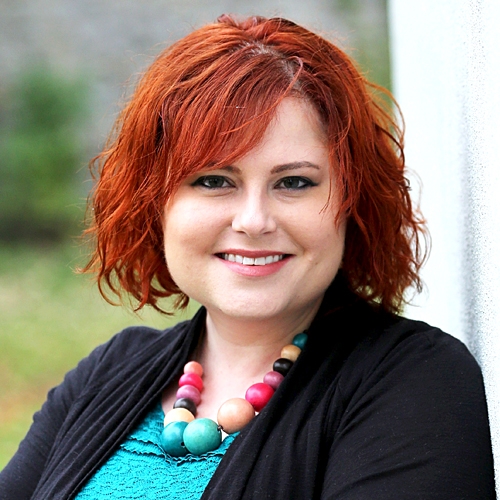
View Details / Enroll


Briana Tillman received her undergraduate degree in International Relations from the United States Military Academy at West Point. She has been a La Leche League Leader for 9 years and is a board certified lactation consultant. After spending 10 years as a stay-at-home mom, she is currently in her third year of medical school at Rocky Vista University College of Osteopathic Medicine in Parker, Colorado. She loves spending time with her husband and three kids—as a family they like to travel, go camping, and play string instruments in “family ensemble.”
Nick is a 3rd year medical student at Rocky Vista University College of Osteopathic Medicine. He has a background in mechanical and systems engineering but found his calling in medicine after volunteering for Health4Haiti in 2011. He lives in Colorado with his wife and they enjoy hiking, camping and fishing in the great outdoors.
Topic: What a Letdown: Exploring the Physiology of the Milk Ejection Reflex - [View Abstract]
Due to the global shortage of mental health professionals, many primary care providers have become the first-line responders to a wide variety of psychiatric concerns. While lactation consultants and breastfeeding support counselors are not called upon to diagnose and treat mental health disorders, they nonetheless often become enmeshed in the topic due to the holistic nature of breastfeeding management. An understanding of the major psychiatric topics that can arise during lactation consultation is therefore a valuable asset.
In this presentation, we will describe mental health benefits and drawbacks of breastfeeding, and explore the controversy surrounding the “breast is best” campaign as it regards maternal mental health. We will also briefly explore the pharmacological and non-pharmacological options in treatment of major psychiatric disorders (e.g. generalized anxiety, major depressive disorder, bipolar mood disorder, schizophrenia) as they relate to lactation. Finally, we will review the scientific literature related to potential long-term mental health effects of breastfeeding on babies.

View Details / Enroll
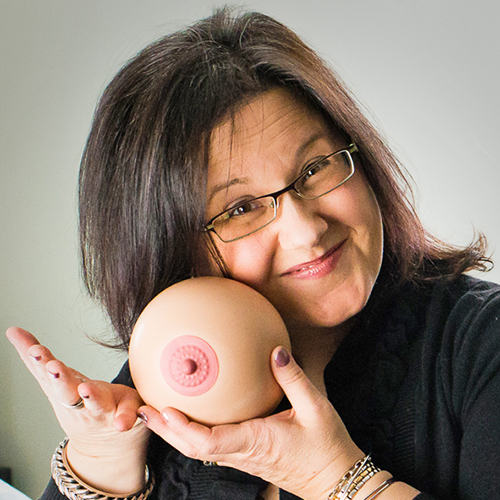
Pumping for Hospitalized Babies: 12 Keys to Supporting Families

Jeanette Mesite Frem, MHS, IBCLC, RLC, CCE is an experienced childbirth educator, IBCLC-lactation consultant and retired birth doula. She started her career working with families while serving as a Peace Corps Volunteer in Côte d'Ivoire, West Africa in the early 90s. She loved that work so much she went on to receive a public health masters degree from Johns Hopkins School of Public Health, focusing her studies on nutrition for maternal and child health. Her two children were breastfed for more than 2 years each and Jeanette has experience pumping at work for both children and has supported more than a thousand families with feeding and pumping over the last 20 years.
Jeanette provides prenatal childbirth and breastfeeding classes at her office in Northborough, Massachusetts, as well as providing virtual and office feeding consultations. She also enjoys leading workshops for perinatal health professionals and mentoring those who work with families. If you have questions, feel free to email [email protected].
Topic: Pumping for Hospitalized Babies: 12 Keys to Supporting Families - [View Abstract]
Perinatal professionals in hospitals have great influence over how much human milk a baby receives, as well as how encouraged parents feel related to pumping and initiating and maintaining their milk production and eventually meeting their infant feeding goals. When hospital staff help with pumping in the early hours, days, and weeks of a new and fragile baby’s life—especially when at breast, chest or body feeding isn’t possible—getting that professional support is likely to make a difference in the long-term health of that child as well as the health of their parent. Healthcare providers can facilitate milk collection and provision of it to babies and support parents with specific and updated guidance on pump choices, pump usage, flange fit and milk storage. Those who work in hospitals with families can make an important positive impact on long-term breastfeeding and human-milk feeding rates. This session will cover 12 simple ways (including the what, why, how, when and where of pumping) that healthcare providers can support parents who pump for their hospitalized baby.

View Details / Enroll
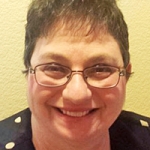

Debbie Albert, PhD, BSN, IBCLC, is a full time lactation consultant at UC Davis Med Center--working with all facets of their lactation service; including maternity floor, level IV NICU, pediatrics, PICU, and Employee Breastfeeding Support Program. She is also a prenatal instructor with their patient education program, nursing staff educator, and chairs the UCD Breastfeeding Task Force and the UCD Breastfeeding Support Program Committee. She received an Employee Excellence Award June, 2013 and June, 2015, and a Nursing Excellence Award in May, 2016. In addition, UC Davis programs have received IBCLC Lactation Care Awards and Sacramento Coalition and California State Coalition Breastfeeding Awards. Debbie has lactation experience in Florida, Texas, and California. She is Member of the LEAARC Board, a member of ILCA’s Equity Committee, and UCD Status of Women Committee. She is married to Dan Albert for 33 years, and has two sons, Josh (28), and David (24).
Raynauds is an illusive condition that tends to be confused with other conditions, misdiagnosed, and consequently rarely treated--causing the breastfeeding dyad to suffer. This program provides a review of the symptoms, medical and lactation resources, and clinical applications that facilitate most the effective treatment/comfort for the patient.

View Details / Enroll

Reflections on a Breastfeeding Peer Counselor Program in Lebanon: Lessons Learned and Looking Forward

Tamara Drenttel Brand holds an MA in Near Eastern Studies from the University of Arizona and a Master’s in Public Health (MPH) from the American University of Beirut. She spent 10 years in the Middle East, where she worked as a public health practitioner, infant and maternal health consultant and an IBCLC. She has supported breastfeeding dyads from all over the world both in private practice and as a volunteer. In 2011, she founded and still actively facilitates “Mama 2 Mama Beirut Breastfeeding Support,” the largest breastfeeding peer support network in the Middle East (currently at 25k+ members). Additionally, she founded Galactablog, a professional group for lactation specialists and those aspiring-to-be (currently at 4.7k+ members) and has authored several articles for La Leche League’s monthly leader publications in both the Middle East and Ireland.
She is currently an international speaker on the topics dealing with breastfeeding in the Middle East, innovative lactation teaching strategies, working in resource-scarce settings, providing culturally sensitive lactation support, developing and implementing peer counselor training programs, mast cell disease and other related topics. Due to her own chronic health conditions, she has a special interest in educating others about mast cell disease and supporting those with chronic illnesses. She currently resides in a seaside village in Ireland with her family.
Topic: Contextualizing Breastfeeding in Lebanon - [View Abstract]
Topic: Lactation Education Outside the Box: Innovative Teaching Strategies to Engage Your Audience - [View Abstract]
Topic: Mast Cell Diseases and Lactation Care in the Post-Covid Era - [View Abstract]
Topic: Providing Culturally Sensitive Support for Breastfeeding Muslim Families - [View Abstract]
Topic: Reflections on a Breastfeeding Peer Counselor Program in Lebanon: Lessons Learned and Looking Forward - [View Abstract]
Breastfeeding rates are exceptionally low in Lebanon. Only 40% of mothers exclusively breastfed through the first month and 2.4% continued to exclusively breastfeed between 4 and 5 months. In 2012, I developed, implemented and evaluated a pilot Breastfeeding Peer Counselor (BPC) Training Program in Beirut, Lebanon. I chose this format since BPCs are adaptable to local contexts and studies have shown that that improve rates of breastfeeding initiation, duration, and exclusivity in a variety of settings and across diverse populations.
The program successfully trained 8 BPCs and led directly to the establishment of the largest mother-to-mother peer breastfeeding online support network in the Middle East (over 11,000 members to date). This presentation will provide participants with the knowledge to develop, adapt, and implement their own BPC Training programs suited to their local context. In addition, this presentation will reflect upon ethical considerations of such programs and will offer guidance on the process of program evaluation. This will allow participants to identify their own program’s strengths and weaknesses, which can improve the effectiveness of subsequent organizations.

View Details / Enroll
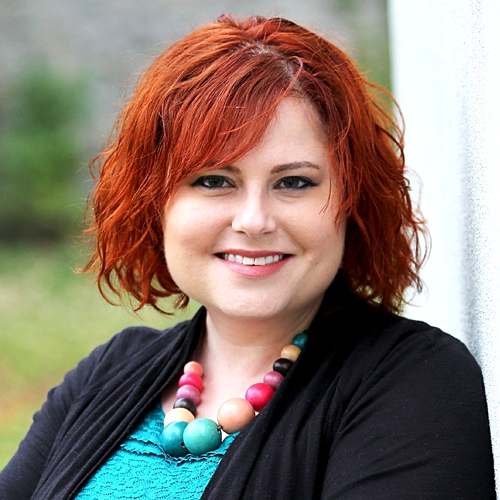
View Details / Enroll


Cecília Tomori is Associate Professor and Director of Global Public Health and Community Health at the Johns Hopkins School of Nursing with a joint appointment at the Johns Hopkins Bloomberg School of Public Health. She is a Hungarian American anthropologist and public health scholar whose work investigates the structural and sociocultural drivers that shape health, illness and health inequities. Dr. Tomori is an internationally recognized expert on breastfeeding, infant sleep and maternal child health.
During the COVID-19 pandemic, she has supported numerous organizations focused on maternal child health and health equity and advocated for equitable pandemic policies. She has authored three books on breastfeeding and reproduction, and published numerous articles on a range of public health and anthropological topics.
Topic: Resolving Cultural Conflicts in Nighttime Breastfeeding and Infant Sleep - [View Abstract]
Nighttime breastfeeding and proximate mother-infant sleep play a crucial role in sustaining lactation but present challenges for parents in settings where solitary infant sleep is the norm, and bedsharing is viewed as controversial and inherently dangerous. While separate parent-child sleep arrangements are a relatively recent cultural invention, they have become the dominant cultural norm, which also shapes medical infant sleep guidance in the U.S. and other similar settings. Recent breastfeeding promotion efforts, however, conflict with these cultural and medical imperatives for separate sleep. As more parents breastfeed, they find themselves falling asleep next to their babies. Some may fall asleep on unsafe surfaces in their attempt to avoid bedsharing, while others regularly bedshare in secret to avoid social stigma and other repercussions. To ensure both safety and wellbeing for infants and families, an integrated approach to nighttime breastfeeding and infant sleep will be recommended that incorporates evolutionary and cross-cultural perspectives.

View Details / Enroll

View Details / Enroll





